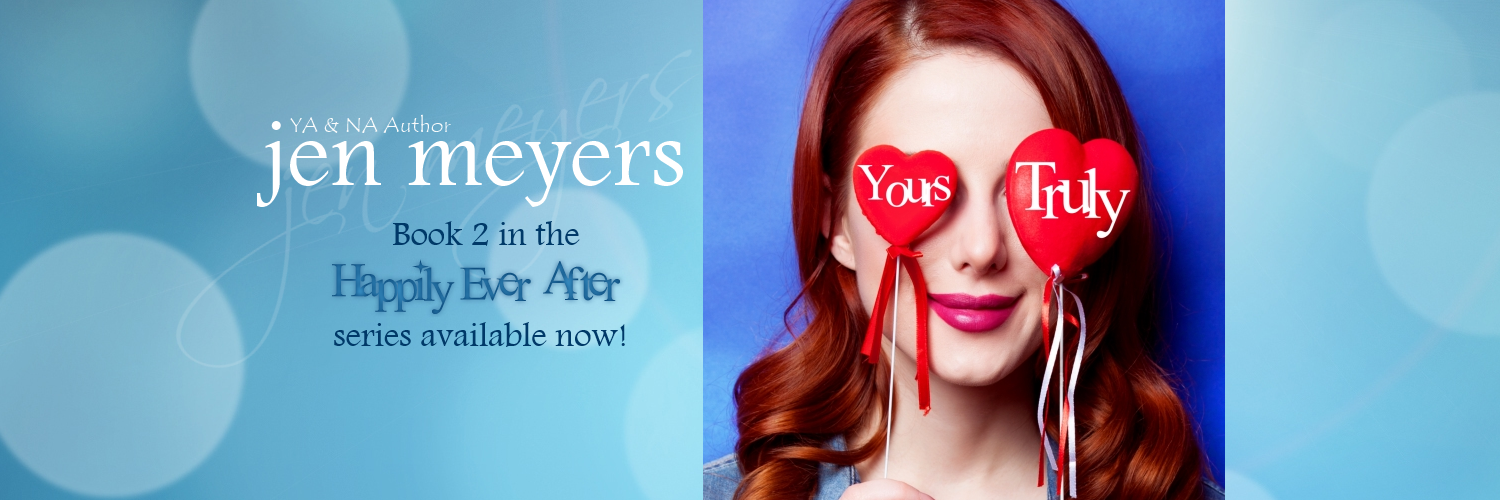 Last week I read a really fantastic article by David Vinjamuri called “Publishing Is Broken, We’re Drowning In Indie Books—And That’s A Good Thing” over on Forbes.com. REALLY fantastic article. Like go-read-it-now fantastic. It’s one of the best articles I’ve read on the changing state of publishing, and it was a relief to read something that’s not mired down with the we’ve-always-done-it-this-way-and-we-should-keeping-doing-it-this-way-because-we’ve-always-done-it-this-way attitude of traditional publishing. (Um, like this article which is so ridiculous in its “facts” that it made me laugh out loud even while I was lamenting the disappearance of bookstores just like the author is.)
Last week I read a really fantastic article by David Vinjamuri called “Publishing Is Broken, We’re Drowning In Indie Books—And That’s A Good Thing” over on Forbes.com. REALLY fantastic article. Like go-read-it-now fantastic. It’s one of the best articles I’ve read on the changing state of publishing, and it was a relief to read something that’s not mired down with the we’ve-always-done-it-this-way-and-we-should-keeping-doing-it-this-way-because-we’ve-always-done-it-this-way attitude of traditional publishing. (Um, like this article which is so ridiculous in its “facts” that it made me laugh out loud even while I was lamenting the disappearance of bookstores just like the author is.)
If you’re not involved in the publishing world, you probably don’t know what I’m talking about. I don’t talk about it here because I’ve wanted my blog to be a way for you to get to know me and I try to keep things positive for the most part—whether it’s about life, writing, or the world.
But I’m a little riled up.
Publishing is undergoing a revolution. The Indie Revolution. Writers are bypassing the big publishers to get their books out to readers BECAUSE WE CAN. Finally. We’ve never been able to do this before and so many good books have never been published because of that. Did you know that only 1% of books submitted to traditional publishers actually get published? That 99% get turned away? And publishers aren’t just turning down poorly written manuscripts. They’re also passing on beautifully written books if they don’t think there’s a market for them. If they don’t think they can sell it, they don’t publish it.
Which is understandable, of course. It’s a business decision. But there is this blatant untruth out there that publishers are these great gatekeepers, separating the wheat from the chaff, dredging the slush piles and pulling out only the shining gems of great literature. Saving you and me from having to read anything that doesn’t meet their indisputable lofty standards.
I don’t know about you, but I’m thankful that they do what they do and put out books that are the epitome of years of blood, sweat, and toil, of someone putting in the time it takes to hone one’s craft, and culminating in exquisite writing like Confessions of a Guidette by Snooki.
So, yeah, that high standards line? Not so much.
Yes, I realize that they published her book because she’s well known and they have guaranteed sales. Again, it’s a business decision. I get that. But don’t try to sell me the gatekeeper line of bull, then. You can’t have it both ways.
I’m not anti-publisher, but I am anti-BS. I have worked with some wonderful people in publishing. And it’s possible I might choose to do it again if the right circumstances came along. But the wonderful thing is…I don’t have to. Publishers are not the gatekeepers of all good writing and good storytelling. They never were. And today, with more and more writers bypassing the middleman and taking their books straight to readers, they are even less so.
In this Indie Revolution readers are discovering more writers than ever before. They have more choices, can find more books in their favorite genre because publishers no longer control the trends. It’s a fantastic time to be a reader.
And this revolution benefits writers. All writers. (Even the ones spewing vitriol at indie authors right now.) We’re blazing a path. More writers are making a living as authors than ever before. And that’s because there is no gatekeeper standing in their way or taking the bulk of the profit for all their hard work. It’s a fantastic time to be a writer.
In fact, there has never been a better time to be a writer (or a reader) than NOW. The Indie Revolution is a beautiful thing, indeed.





